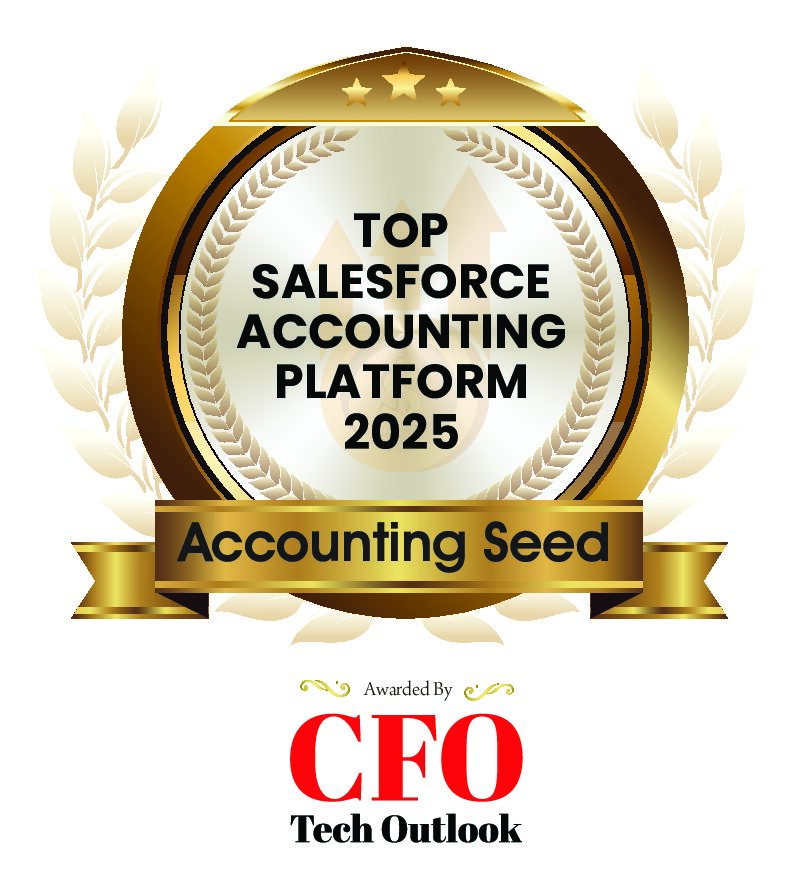
With cloud based programs and platforms becoming the new way of operating your business, it is important to understand what we mean when we say cloud based. Depending on who you talk to, you may hear different definitions of this concept. The one we are talking about is the one that best describes that way we personally do business.
What are the different types of cloud computing?
There are three main types of cloud computing technology. Each has a specific purpose.
- SaaS- This type of cloud computing allows a company to deliver a single application through the web browsers of their customers. This has become a popular outlet for HR companies, and is starting to become popular in the ERP space. Salesforce.com would be the best example of a company who utilizes this type of cloud computing.
- Utility Computing- This is quickly becoming one of the most popular tools for IT administrators at companies. Many large companies, such as IBM and Amazon, are now offering virtual storage and servers that IT is able to access whenever they need to. Currently most companies are using these tools for non-essential functions, but it looks like it is going to become much more mainstream.
- Platform as a service- this is when developers are able to build their own applications on another company’s infrastructure. They are run and delivered to the users from this infrastructure via the Internet. This is where Accounting Seed fits in. Any apps that are built on Force.com fall into this category.
The possibilities for this industry are endless; it is the way of the future. Being able to run your company from the cloud allows increased accessibility. You are able to access any company function from anywhere that you have an Internet connection! You also have instant access to updates, which allows your company to be able to keep up with the ever-changing technology landscape.
See Accounting Seed in action
Get a close-up view of how accounting on Salesforce can eliminate the need for costly integrations—and silos of mismatched information—by sharing the same database as your CRM.



